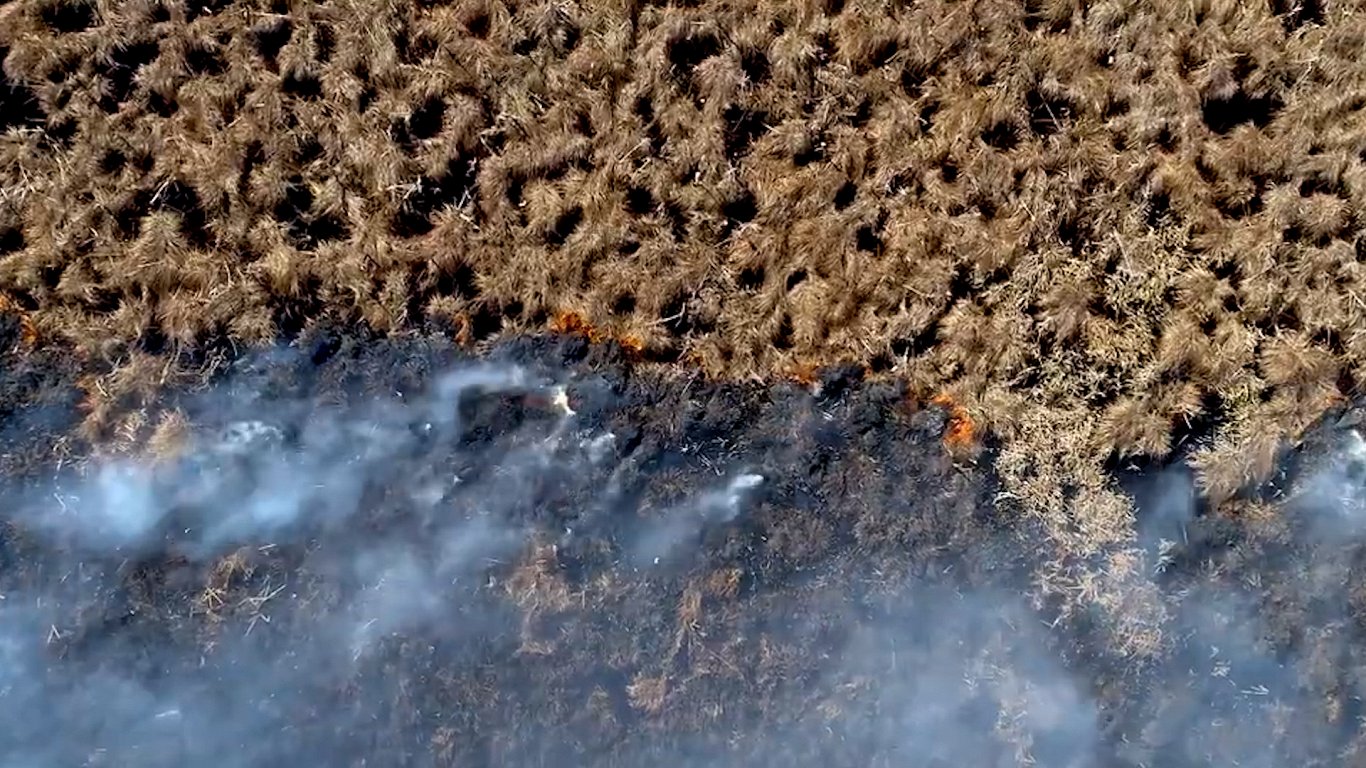"The last fires in Bauska... one of them was deliberate, purposeful arson, the State Police is working on it," said VUGD representative in Zemgale Raivis Pužulis.
"An administrative infringement case has been initiated. [..] The person is faced with a penalty of 280 to 700 euros," said State Police representative Ilze Jurēvica.
"He gets a bunch of grass and sets it on fire in one place. To get the area bigger, he moves the fire to another place, and then – as the wind blows... Well, the fire could not have jumped from here all the way over there. He has started fires in several places," said Bauska municipality police chief Broņislavs Ostrovskis.

The statistics on grass fires for 2022 has not yet been compiled. There were no casualties in grass fires last year, but 17 buildings were destroyed, and over a thousand hectares of land were burnt.
"Sometimes, speaking to landowners, they say – but there is such beautiful green grass after I burn it! It's a deception, a trick, it is called also an ecological trap. We burn it [..] and don't think bout the harm we do when all seeds burn, the small animals – beetles, mice, eggs. Fire cuts the biological diversity drastically," said "LIFE-IP LatViaNature" grass expert Kristīne Daudziņa.




























